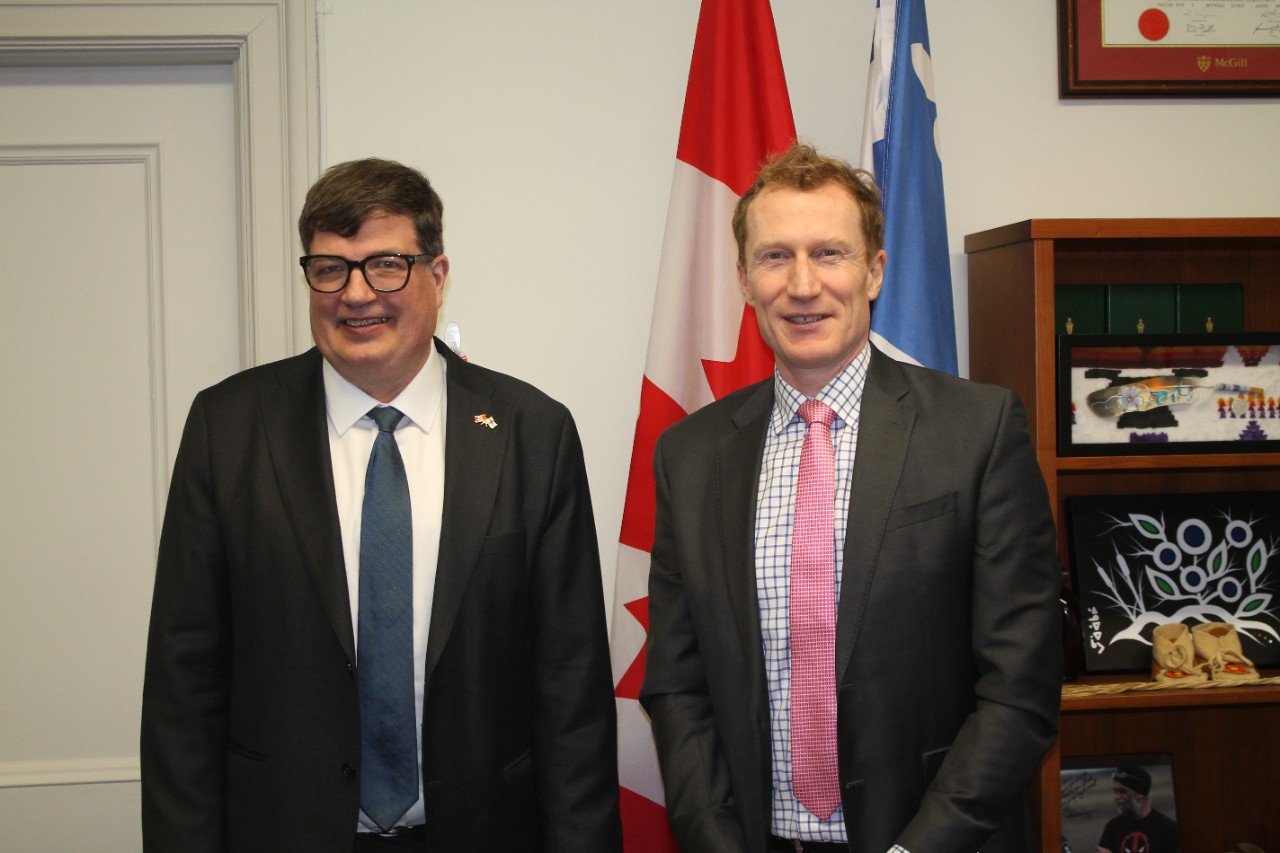International students face unique challenges balancing academic responsibilities with financial needs. Recent research and policy changes in countries like the US, Canada, and Australia highlight the critical intersection between work hours and academic success, along with the regulatory environment designed to support these students.
Studies from the US and Canada have demonstrated a concerning trend: students who work more than 28 hours a week experience a significant decline in their academic performance. This workload increases the likelihood of students dropping out. Recognizing this, several countries have instituted policies to cap the work hours for international students to protect their educational outcomes. For instance, Australia allows students to work up to 48 hours biweekly, while the US has more stringent requirements for off-campus employment.
In Canada, the situation is similar but with additional safeguards. As of December 2023, the Canadian government adjusted the cost-of-living thresholds for study permit approvals. This adjustment aims to ensure that students are financially stable without needing to rely excessively on employment, which can detract from their academic focus.
Recent Policy Updates in Canada: Ensuring Integrity and Focus on Studies
Significant reforms in the International Student Program underscore Canada’s commitment to protecting international students. The Honourable Marc Miller, Minister of Immigration, Refugees and Citizenship, has announced several key changes:
- The temporary policy allowing more than 20 hours of off-campus work per week will end on April 30, 2024. Starting this fall, the work limit will be revised to 24 hours per week during academic sessions.
- The launch of the new Letter of Acceptance (LOA) verification process has successfully validated nearly 142,000 LOAs and identified around 9,000 discrepancies, enhancing the system’s integrity.
Further, international students enrolled in programs through public-private partnerships as of May 15, 2024, will not be eligible for post-graduation work permits, a decision aimed at maintaining high educational standards and proper job market alignment.
Enhancing System Integrity and Student Protection
Canada’s strategy goes beyond immediate educational concerns to include long-term protections for international students. The development of the Recognized Institutions Framework is an initiative set to reward educational institutions that maintain high standards in selecting and supporting international students. This framework is part of Canada’s broader effort to protect students from financial vulnerability and to ensure the integrity of the immigration system.
Canada’s approach to international student policy is clearly directed at creating a balanced environment where students can achieve academic success without undue financial stress. These measures are critical in safeguarding the interests of international students and ensuring that they contribute positively to Canada’s social, cultural, and economic fabric.












